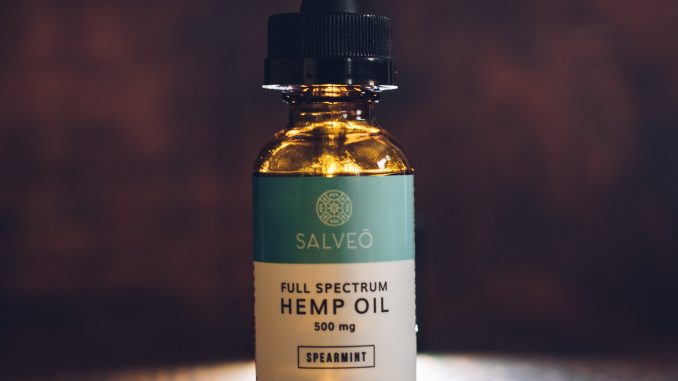
Cannabidiol (CBD) is a natural compound derived from the cannabis plant. It has gained significant attention in recent years for its potential therapeutic effects on various health conditions. While CBD is commonly used by adults, the question of its safety and effectiveness for children remains a topic of discussion and debate.
Understanding CBD
CBD is one of the many cannabinoids found in cannabis plants. Unlike tetrahydrocannabinol (THC), CBD does not produce the psychoactive effects typically associated with marijuana use. Instead, it is believed to offer a range of potential health benefits, including anti-inflammatory, analgesic, and anti-anxiety properties.
The Safety Concerns
One of the main concerns regarding CBD use in children is the lack of extensive research in this specific age group. Most studies on CBD have been conducted on adults, and as a result, there is limited scientific data available on its safety and efficacy for children.
Additionally, the regulation and quality control of CBD products can vary significantly. Some products may contain higher levels of THC, potentially leading to unwanted psychoactive effects. Therefore, it is crucial for parents to be cautious when selecting CBD products for their children and to ensure they come from reputable sources.
Health Conditions in Children that CBD May Help
Even though research on CBD use in children is relatively limited, some health conditions have shown potential benefits. Epilepsy, specifically certain types of refractory epilepsies, has been extensively studied, and CBD has been approved by the FDA for the treatment of Dravet and Lennox-Gastaut syndromes.
In addition to epileptic disorders, some anecdotal evidence suggests that CBD may be effective in managing symptoms related to autism, anxiety, ADHD, and sleep disorders in children. However, further research is needed to validate these claims.
Potential Side Effects
While CBD is generally considered safe, it may cause some side effects, particularly in high doses. These side effects can include drowsiness, diarrhea, changes in appetite, and liver enzyme abnormalities. It is important for parents to consult with a healthcare professional before starting CBD treatment for their child to determine an appropriate dosage and monitor any potential adverse effects.
Conclusion
The use of CBD for children raises important questions about its safety and effectiveness. While there is limited scientific data available specifically on pediatric use, promising anecdotal evidence and some research suggest potential benefits for certain health conditions. However, it is crucial for parents to exercise caution, select quality products, and seek guidance from healthcare professionals before starting CBD treatment for their child.
